

Hide and seek
Coloured compounds may help coronavirus evade antibodies
Pigments in the body which give bruises their green and yellow hues may help coronaviruses hide from the immune system.



Coloured compounds may help coronavirus evade antibodies
Pigments in the body which give bruises their green and yellow hues may help coronaviruses hide from the immune system.
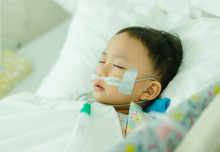

Genes that make children susceptible to severe Kawasaki disease identified
Researchers have found genes that make children susceptible to the disease, and those associated with the heart damage it can cause in severe cases.
 3
3
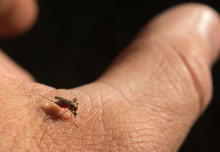

Simple genetic modification aims to stop mosquitoes spreading malaria
Altering a mosquito’s gut genes to make them spread antimalarial genes to the next generation of their species shows promise for curbing malaria.
 1
1


First volunteers on COVID-19 human challenge study leave quarantine
The UK’s COVID-19 human challenge study has reached its first milestone after administering virus to three volunteers in a controlled clinical setting
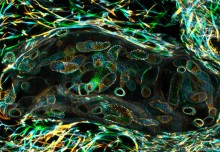

Low-cost, disease-detecting biosensors show global health promise
Researchers have developed low-cost, biodegradable biosensors for global health applications in resource-limited settings.
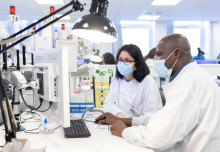

‘Disastrous’ consequences of cuts to global science collaboration, warn experts
Experts have emphasised the value of international collaborative science and the need for its long-term financial security.


Artificial intelligence can help spot traces of natural selection
Researchers have used advanced AI and large sets of genomic data to unveil how humans have adapted to recent diseases.


‘Ticket and test’ scheme could help crowds return safely to live events
Researchers have proposed a model to support the safe return of crowds to live events, while reducing the risk of COVID-19 transmission.
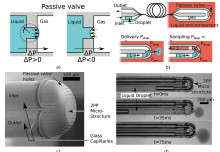

A Novel Microfluidics Design at Fibre Tip for Precision Drug Delivery & Sampling
A Hamlyn-led project proposed a novel microfluidics design at fibre tip, aiming to aid precision drug delivery and sampling for cancers and infections.
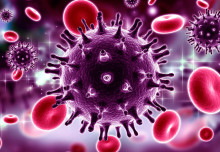

Universal ‘Test and Treat’ for HIV cost-effective in high prevalence regions
Rolling out home-based testing and universal treatment for HIV is cost-effective and can cut the incidence of cases in high-prevalence communities.